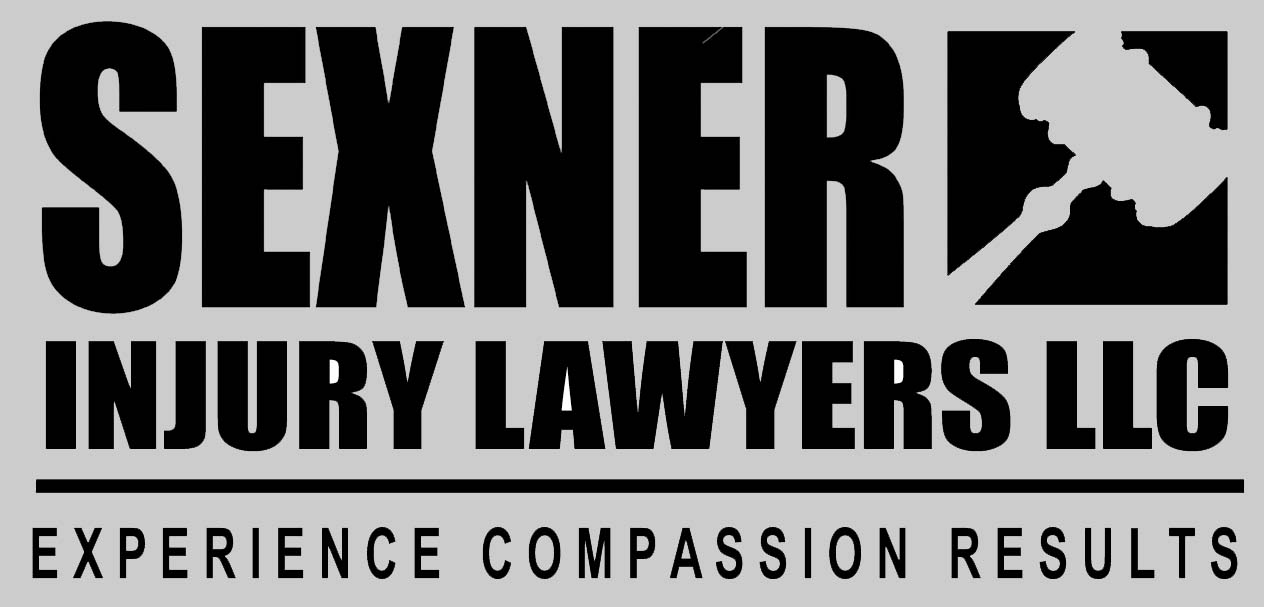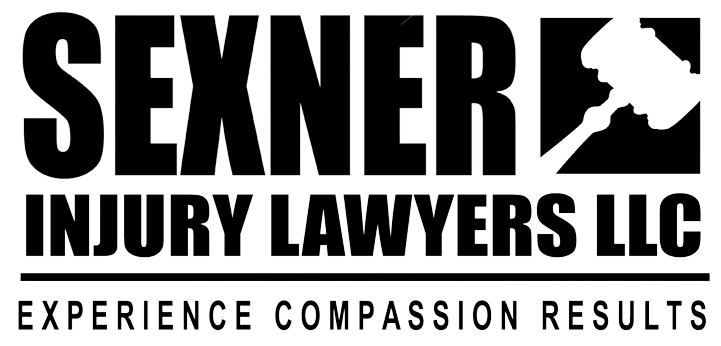Chicago Preoperative and Postoperative Malpractice Attorney
The period of time prior to a surgical procedure is an important one. It is when the patient has an opportunity to fully discuss all the aspects of the upcoming procedure with the surgeon. The following topics should be discussed by doctor and patient prior to any medical procedure:
- The patient’s present diagnosis and status of medical condition
- Why the surgery has been recommended by the doctor
- Detailed specifics about the treatment or procedure
- Chances of success and expected medical benefits
- Risks of failure and possible side effects
- Alternative procedures, along with possible benefits and risks
This discussion is extremely important for the patient to fully understand what is being proposed and to place them in a position where they can make an intelligent and reasoned decision about which way to proceed. This discussion is absolutely best left to the medical professional actually performing the procedure, not to a nurse or other medical assistant. Informed consent is the process of fully detailing a procedure for a patient, followed by the patient’s agreement to said procedure. Informed refusal, on the other hand, refers to a doctor’s responsibility to fully inform the patient about the potential consequences of his or her inaction when they have chosen not to proceed with a surgery.
During the pre-operative period, it is also common for the patient to speak with the attending anesthesiologist. During this time, important topics such as anesthesia alternatives and whether the patient is allowed to eat or drink before the procedure are discussed.
When miscommunications occur before the surgery, medical malpractice may occur. In the event that a patient is injured or dies as a result of surgery, a lawsuit may follow if the doctor failed to properly obtain the patient’s informed consent or informed refusal. The patient may also allege that he or she would never have taken part in the surgery if the doctor had not understated the risks or overstated the possible rewards. If you or a loved one was hurt as a result of a preoperative or postoperative mistake, the Chicago medical malpractice attorneys of Sexner Injury Lawyers LLC can help you hold the responsible party accountable. Contact us at (312) 243-9922 for a free consultation.
Surgical Malpractice
Of all the settings during which medical malpractice may occur, mistakes that occur during the surgical procedure itself are, by far, the most common, the most dangerous, as well as the most widely known. Injuries that occur during surgery are also the result of medical mistakes that happen at a time when the patient is at their most vulnerable. This is because the patient is usually unconscious, anesthetized, unable to speak or communicate, and under the complete control of the surgeon and the surgical team.
Just as pre-operative communication failures between the surgeon and patient may lead to medical malpractice, so too may communication errors between the doctors and staff during surgery. Mistakes in communication may occur between any of the members on the surgical staff team including anesthesiologist, circulating tech, scrub tech, and nurses. Depending upon the seriousness and complexity of the surgery, the greater the chances for miscommunication.
The type of surgical medical malpractice that most people think of when they think of surgical malpractice involves actual physical errors during the procedure. Examples of such physical errors include performing the wrong procedure, operating on the wrong body site, operating on the wrong patient, leaving foreign objects or instruments in the body, performing unnecessary surgery, damaging internal organs, and errors in anesthesia administration. Many such errors, known as never events, are easily preventable and can cause irreparable harm.
Post-Operative Medical Malpractice
Even after the surgical or medical procedure has been finished, the doctor or surgeon’s job is not fully complete. Patients seldom reach 100 percent improvement the moment after surgery. Instead, a patient typically remains in a weakened state for days, weeks, or months as the healing process takes place.
Depending upon the nature of the procedure, the patient may remain in the hospital or a residential facility such as a nursing home for a period of time. In such clinical settings, where there are other sick patients, opportunities for secondary illnesses, infections and injuries abound. Some of the most common Hospital Associated Infections (HAI) that might be contracted by patients, especially those with weakened immune systems, include:
- Acinetobacter baumannii - usually found within intensive care units
- Burkholderia cepacia - found in healthcare settings within irrigation systems or intravenous solutions
- Hepatitis A - the least common Hepatitis virus, it is spread by by fecal-oral contact
- Hepatitis B - transmitted by contaminated needles or syringes, it can lead to lifelong infection, liver cancer, cirrhosis, liver failure and even death
- Hepatitis C - unlike Hep A and B, no vaccine exists for this virus often passed by blood transfusion or organ transplant
- Klebsiella pneumoniae - chances of contracting this bacteria are heightened when a patient requires a ventilator, urinary catheter or other invasive medical device
- Norovirus - this highly contagious virus can live on hard surfaces, fabrics, and in water for many days
- Psuedomonas aeruginosa - patients with ventilators or catheters are at higher risk for P. aeruginosa as it lives on moist surfaces and may lead to bacteremic pneumonia, burn wound infections, sepsis, or meningitis
- Staphylococcus aureus - improper hygiene can lead to transmission of this potentially deadly bacteria
- Mycobacterium tuberculosis - this bacteria, which causes tuberculosis, can be transmitted by close contact with an infected patient
When such bacterial or viral infections spread to patients in the post-operative settings of hospitals and nursing homes, a malpractice lawsuit may be the appropriate response to help compensate the patient. Although hospitals and nursing home staff cannot always control a facility’s environment perfectly, policies and procedures should be in place to reduce the risk of infection and transmitted illness. When these protocols are ignored or bypassed, resulting in serious injury or death, the surgeons, doctors, nurses, and hospitals involved should be held responsible.
Even after the patient is released from the hospital or rehabilitation facility to return home, the doctor’s responsibility does not always end. Measures should be taken to check up on the patient and make sure that their wound care, therapy, or other rehabilitative measures are going smoothly. When a doctor fails to follow up properly in this manner, medical malpractice may have occurred. If you or a family member has suffered injury or death as a result of pre-op, post-op, or surgical negligence, contact the experienced Chicago medical malpractice attorneys at Sexner Injury Lawyers LLC for a free case evaluation at (312) 243-9922. We offices conveniently located on the Near West Side and in Arlington Heights in the northwest suburbs.

